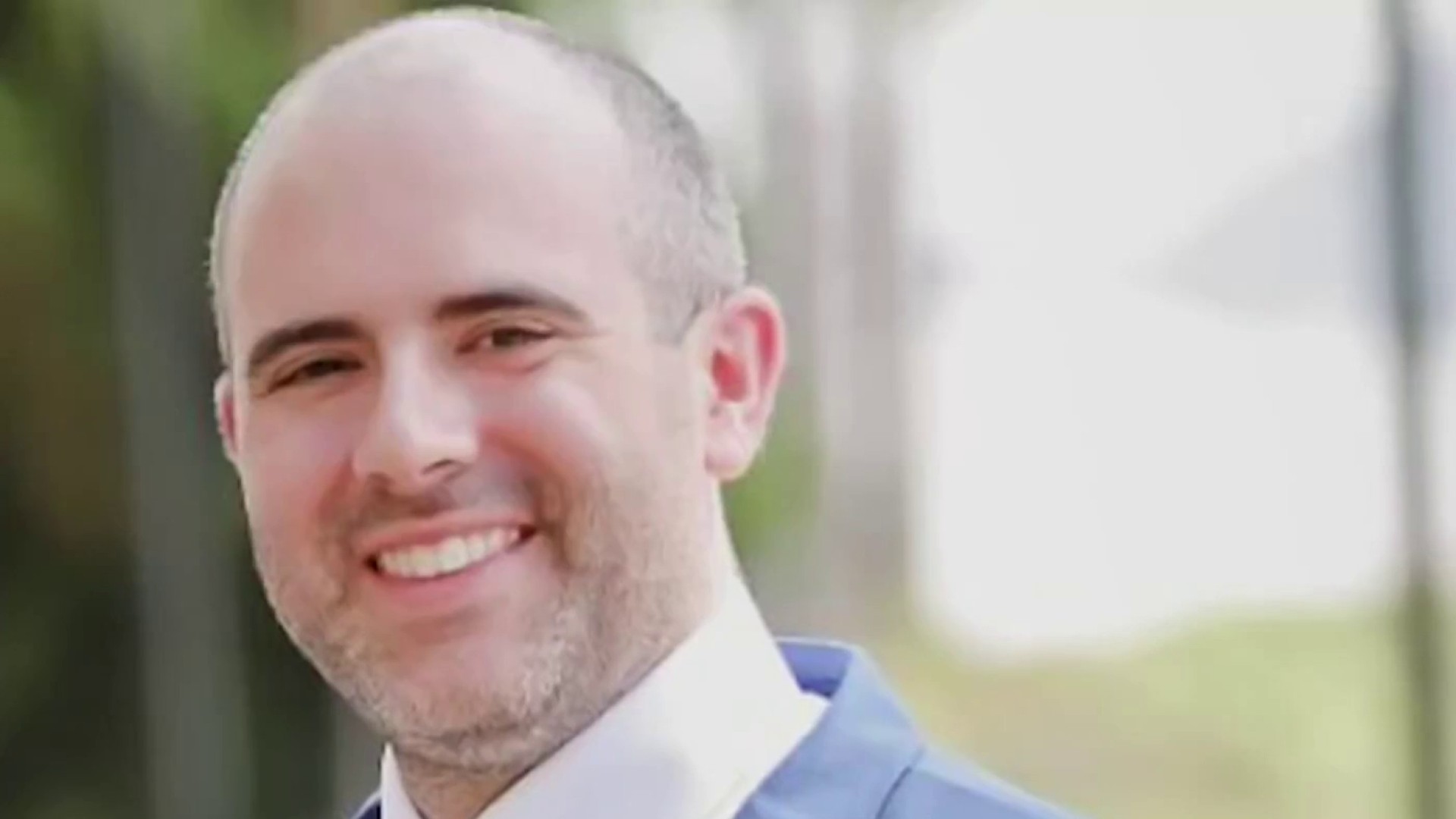A group of doctors from around the country are hoping to crack down on a dangerous and illegal trend, by encouraging patients to report criminal activity.
Last month, the News4 I-Team showed you the deadly impact silicone injections have had in our area.
While we were investigating "Backroom Backsides," we noticed an alarming pattern -- law enforcement was almost never called to investigate until after someone died. But in almost all of those cases, earlier victims had been treated for serious health effects.
Now, the American Society of Plastic Surgeons (ASPS) wants to help change that. At their board meeting this weekend, the doctors on the Patient Education committee plan to discuss concrete ways to do it.
"Our members' number one concern is patient safety. And nipping it in the bud before it happens is number one," said Dr. Malcolm Z. Roth, a past-president of the ASPS.
He says he's seen the dangers of silicone injections throughout his career, which also includes work at a Level 1 trauma center.
Silicone, when injected freely into the body for contouring, can travel through the bloodstream into your lungs and kill you. Even many years later, it can cause severe disfigurement, scarring and other health effects.
The procedures are often performed by people pretending to be medical professionals who order large quantities of the product online.
"I think we can certainly think about how to better get the word out of how to stop these people," said Dr. Roth.
Local
Washington, D.C., Maryland and Virginia local news, events and information
Last month, the I-Team tracked roughly two dozen cases across the country and raised the question, Why don't doctors who treat patients in the emergency room or private offices have to call law enforcement- unless someone dies?
The U.S. Food and Drug Administration's criminal investigators often handle those cases.
"We know there were instances where people were hospitalized and it didn't get reported... It would be very helpful to have the information," said Cathy Hermsen, Acting Director of the FDA's criminal investigations division.
The FDA has launched a campaign called "Check Before You Inject." The agency is so concerned about the rise in silicone injections that it wants to educate the public that shots for body contouring are all illegal and dangerous.
The agency also posted an online portal where anyone who has information about people giving the shots can report them to law enforcement.
"I don't think it's well-known among our members that the FDA has that site," said Roth, adding that ASPS members could help publicize the site to patients who often visit plastic surgeons to have the harmful substance removed from their body.
In a written statement to the I-Team, an FDA spokeswoman wrote, "The FDA applauds our partners at ASPS for looking at new ways to stop patients from getting these dangerous injections. We look forward to working together with ASPS, and other stakeholders, to help fight this alarming trend."
Roth says, as a doctor, he does feel a duty to help stop criminal activity when he can.
He doesn't think reporting the illegal activity should be mandatory though, because he worries that might deter patients from seeking medical treatment.
But Roth thinks there's a good chance doctors could convince patients who've been harmed to help stop it from happening to anyone else.
"I think the answer is really empowering patients and helping them to step forward, and giving them the courage," he said.



